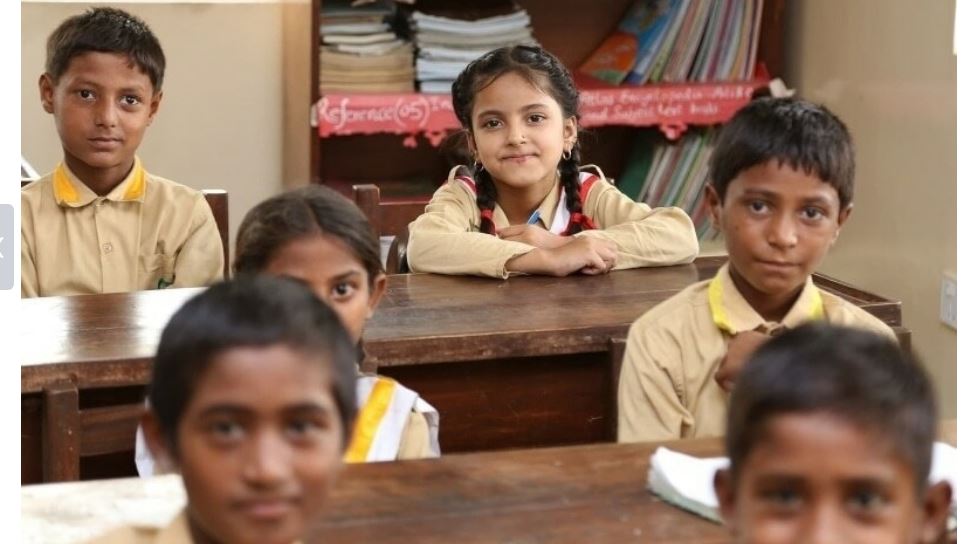ISLAMABAD, JAN 17: The National Command and Operation Centre (NCOC) on Monday said it will review data of positive Covid-19 cases in educational institutions before deciding on whether or not to keep them open as the fifth wave of the pandemic spreads at an alarming rate across the country.
During the last Covid wave, the NCOC had closed educational institutes in areas with a high incidence of Covid-19 from Sept 3 to 12. During that period, educational institutes were closed in 15 of Punjab’s districts, eight districts of Khyber Pakhtunkhwa and Islamabad.
Meanwhile, the Sindh government had previously closed schools on July 24 due to rising cases during the pandemic’s fourth wave and reopened them more than a month later on August 30.
Pakistan is currently in the grip of the pandemic’s fifth wave which is being driven by the highly transmissible Omicron variant and leading to surges in cases and positivity rates.
In the last 24 hours, the country reported 4,340 new cases, up from 4,027 a day earlier, raising the tally to 1,328,487 and the national positivity rate to 8.7 per cent. Sindh and Punjab led the cases with 2,670, and 1,131 infections, respectively.
The NCOC today held a meeting chaired by Federal Minister for Planning, Development and Special Initiatives Asad Umar and also attended by Special Assistant to Prime Minister on Health Dr Faisal Sultan. Provincial Health and Education Ministers also joined the meeting virtually.
Following their meeting, the forum issued a statement, saying: “Decision about education institutions will be taken on data of positive cases of various institutions for which massive testing in education institutions is being carried out.”
It further said that a “massive testing” drive was being carried out in educational institutions to gather data.
Deliberating on the situation, the ministers, who participated in the meeting virtually, informed the forum about the steps being taken for implementation of non-pharmaceutical interventions (NPIs) and Covid-19 standard operating procedures (SOPs) in wake of the spike in coronavirus cases
“Keeping in view [the] new disease prevalence, fresh set of NPIs was presented and discussed with provinces and [a] new set of NPIs will be implemented by provinces in the next 48 hours after consultative process with all stakeholders,” the NCOC said.
The NCOC, in a separate statement on Saturday, had urged provinces to review the situation and decide about placing restrictions on public gatherings, weddings, schools, restaurants and public transport.
On the same day, Sindh government decided that schools across the province will remain open even as the positivity rate in Karachi was far higher than in other parts of the country.
In November, Minister for Planning, Development and Special Initiatives Asad Umar and Special Assistant to the Prime Minister on Health Dr Faisal Sultan had sounded the alarm, saying that the arrival of the Omicron variant was inevitable and a matter of time.
Pakistan had subsequently placed a complete ban on Nov 27 on travel from six south African countries — South Africa, Lesotho, Eswatini, Mozambique, Botswana and Namibia — and Hong Kong in the wake of the variant’s discovery.
This travel ban was later extended to nine more countries — Croatia, Hungary, Netherlands, Ukraine, Ireland, Slovenia, Vietnam, Poland and Zimbabwe.
Since then, Pakistan has seen a steep rise in infections with the number of active cases crossing 35,000 in the last 24 hours. The effect of the fifth wave is particularly intense in Karachi where the positivity rate jumped to 40 per cent on Sunday.












